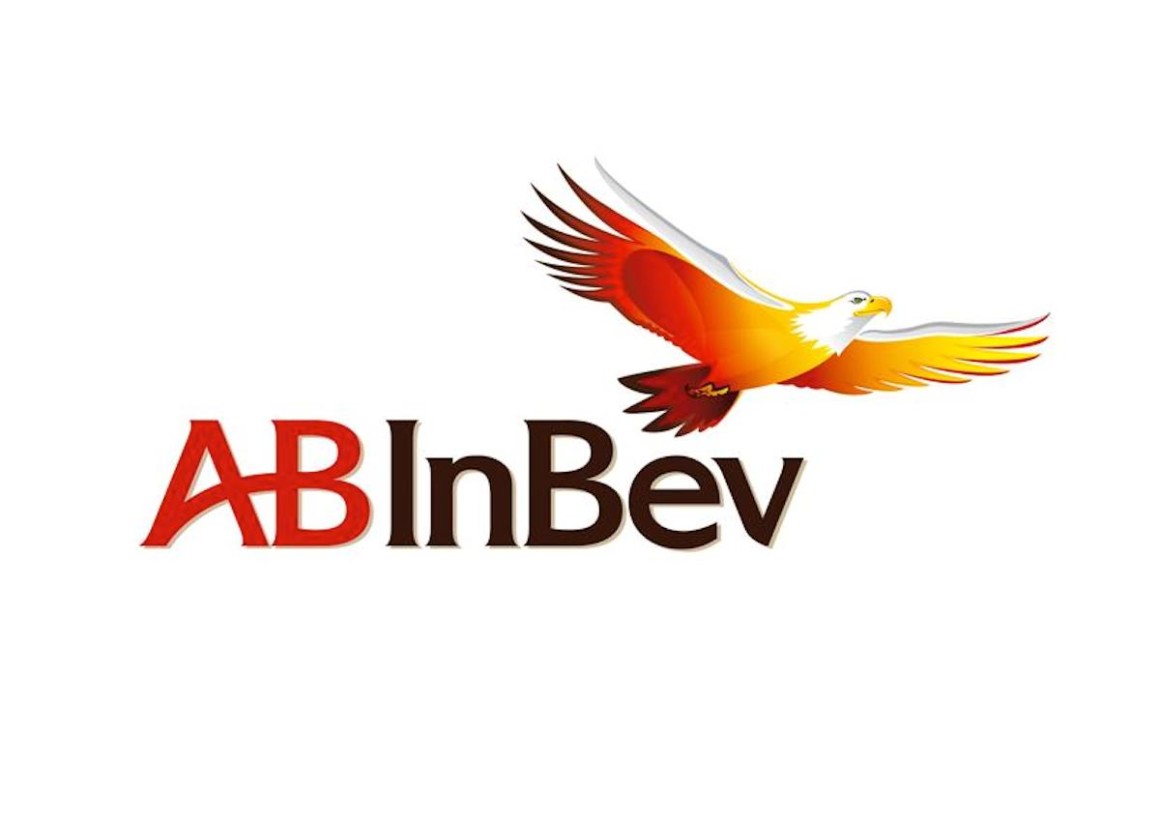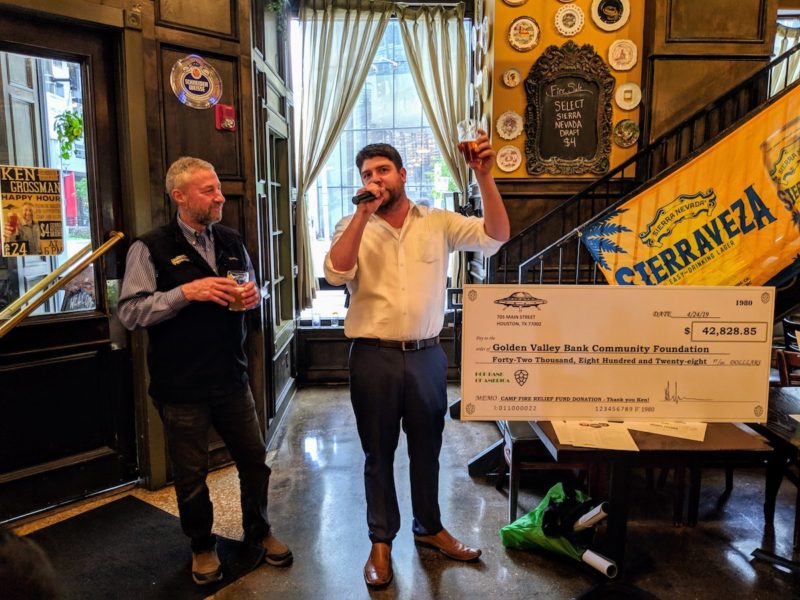The speculation began about a month ago. We even outlined the details of it here on Beerknews. And now it looks like it’s finally happening: Anheuser-Busch InBev has agreed to buy its main rival SABMiller for $104 billion, creating what some are calling a “super brewery.” The merger of these two companies will create the world’s largest beer maker, with nine of the world’s top 20 beers by volume.
The deal isn’t fully in the clear yet, as some expect SABMiller will have to sell its 58 percent stake in MillerCoors to get antitrust approval. There’s also concern that the combined company would wield too much power, resulting in higher beer prices for consumers. On top of that, according to The Wall Street Journal, “antitrust experts and industry analysts think Chinese authorities would hesitate at allowing a foreign company to control more than a third of the market and could require AB InBev to sell SABMiller’s 49 percent stake—most likely to China Resources.”
There are still many things to figure out, but if everything goes through, it will be the biggest beer deal ever and among the top five acquisitions of all time.
This type of transaction isn’t new to AB Inbev. We’ve seen the beer behemoth purchase breweries such as Elysian in Seattle and 10 Barrel Brewing Company in Bend. But this deal is much larger and much scarier for the consumer. How will this merger affect pricing, quality, innovation, etc.?
You’d like to trust a company as big as AB InBev, but it came out this week that the U.S. Justice Department is investigating allegations that Anheuser-Busch InBev is seeking to curb competition in the beer market by buying up distributors.
The problem with this is that in the three-tier system, many states force breweries to go through distributors to sell their beers. So, what’s stopping AB InBev from squashing the small craft breweries we all love?
This is a huge merger that should be on all beer lovers’ radars. Nothing is final yet, but if it does go through, Anheuser-Busch InBev will wield incredible power. It’s more important than ever to drink local and support your favorite breweries. The beer industry, especially craft beer, has come a long way in the past few years, and we can’t afford for it to take a step back.








